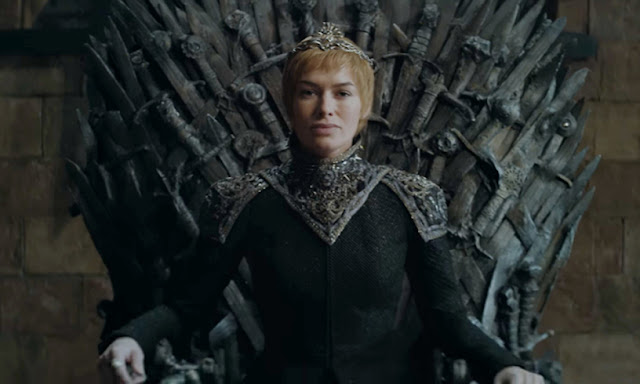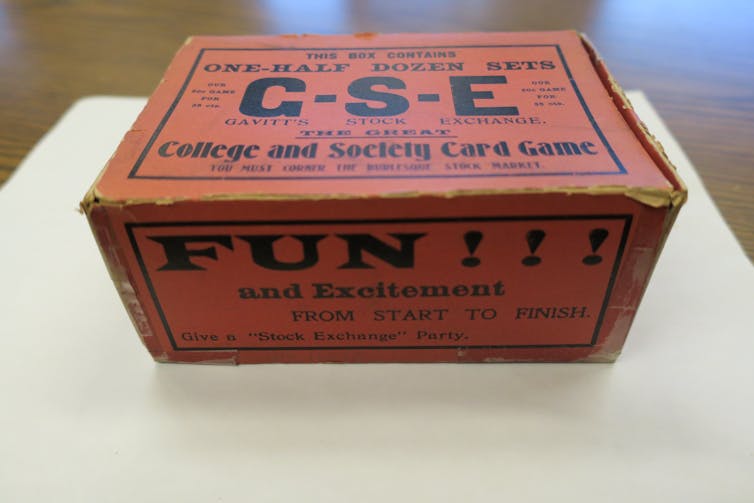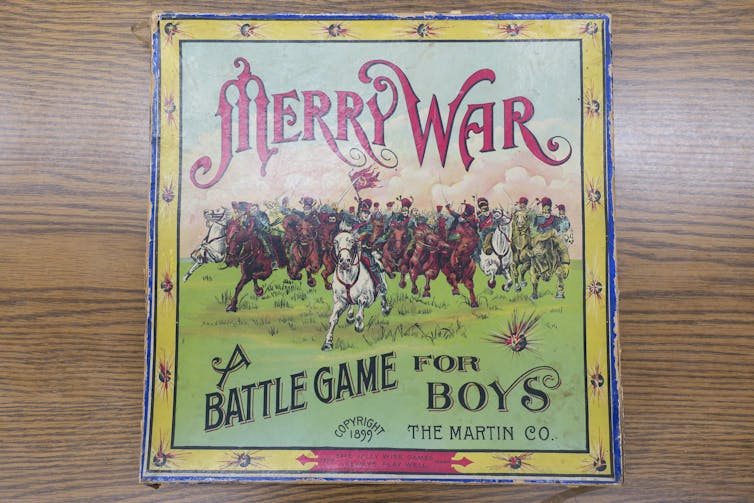 |
| Game of Thrones - Varys and Tyrion Lannister |
Game of Thrones is full of secrets. Characters keep secrets, exploit secrets, and reveal secrets to build alliances. New research by Columbia Business School Professor Michael Slepian reveals the extent that Varys and other characters in Game of Thrones are encumbered by secrets—both their own and others'.
As HBO's blockbuster series airs its final season this spring, Slepian's scholarship suggests that one of the greatest burdens its characters have carried through the eight-season mega-drama is not physical, but the mental weight of secrecy.
Slepian, who has used examples from Game of Thrones to illustrate negotiation principles in the classroom, says this scene of Varys promising to keep a secret for Tyrion Lannister underscores the upside and the downside of keeping others' secrets:
Slepian, who has used examples from Game of Thrones to illustrate negotiation principles in the classroom, says this scene of Varys promising to keep a secret for Tyrion Lannister underscores the upside and the downside of keeping others' secrets:
"Secrets are worth more than silver or sapphires," says the character Varys, who trades in secrets as the official "master of whisperers."On the one hand, says Slepian, Varys is taking on a burden because he will have to think about, and conceal, Tyrion's secret. But Varys is also creating a bond of confidence and trust, which is something in short supply among the dueling personalities of Game of Thrones.
"Rest easy my lord," Varys says to Tyrion Lannister in an early episode, "I am very good at keeping secrets."
"Your discretion is legendary, where your friends are concerned," responds Tyrion, realizing that he is trapped under a burden of secrecy with Varys.
 |
| Game of Thrones - Lord Varys (image via Zimbio) |
In one study, nearly 200 participants were asked to recall a secret as well as the associated feelings of either shame or guilt on a rating of 1 to 7. Participants then reported the number of times over 30 days they spontaneously thought about the secret or felt the need to conceal the secret.
"When a secret evoked feelings of shame, the secret was more likely to intrude upon one's thinking in irrelevant moments," according to the paper. This consuming nature of shameful secrets might give new context to season five of Game of Thrones, when a humiliated Queen Cersei—who has long hidden a shameful secret of infidelity—must walk through the streets of King's Landing while a clergywoman cries "Shame! Shame! Shame!"
 |
| Game of Thrones - Queen Cersei (image via Wrath Of The Geek) |
According to the research, at any given time, we are each keeping an average of 15 secrets for other people. Across three studies with more than 600 participants holding more than 10,000 secrets, the researchers found that the burdensomeness of others' secrets is a function of how often one must actively conceal the secret on their behalf due to an overlap in social circles.
SOURCE: Columbia Business School

































